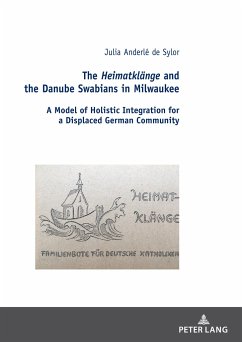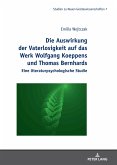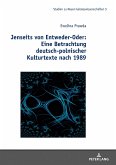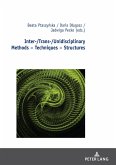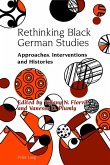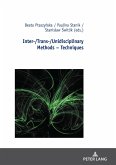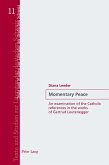For over 300 years, Danube Swabians had maintained their German dialect and culture in Hungary and Yugoslavia. The events after WWII, including expulsion from their homes and ethnic persecution, radically destabilized this minority's conception of Heimat. Written specifically for the Danube Swabians in Milwaukee, the Heimatklange newsletters provide insight into the challenges and successes of a Catholic immigrant community in America. This study seeks to define Structured Grounded Theory, which was informed by Charmaz Constructivist Grounded Theory (2006). The method examined parish newsletters for a German immigrant community and developed a Model of Holistic Integration, which identifies the parishioners' past trauma and immigrant challenges and seeks innovative strategies to reconcile the two.
Bitte wählen Sie Ihr Anliegen aus.
Rechnungen
Retourenschein anfordern
Bestellstatus
Storno

